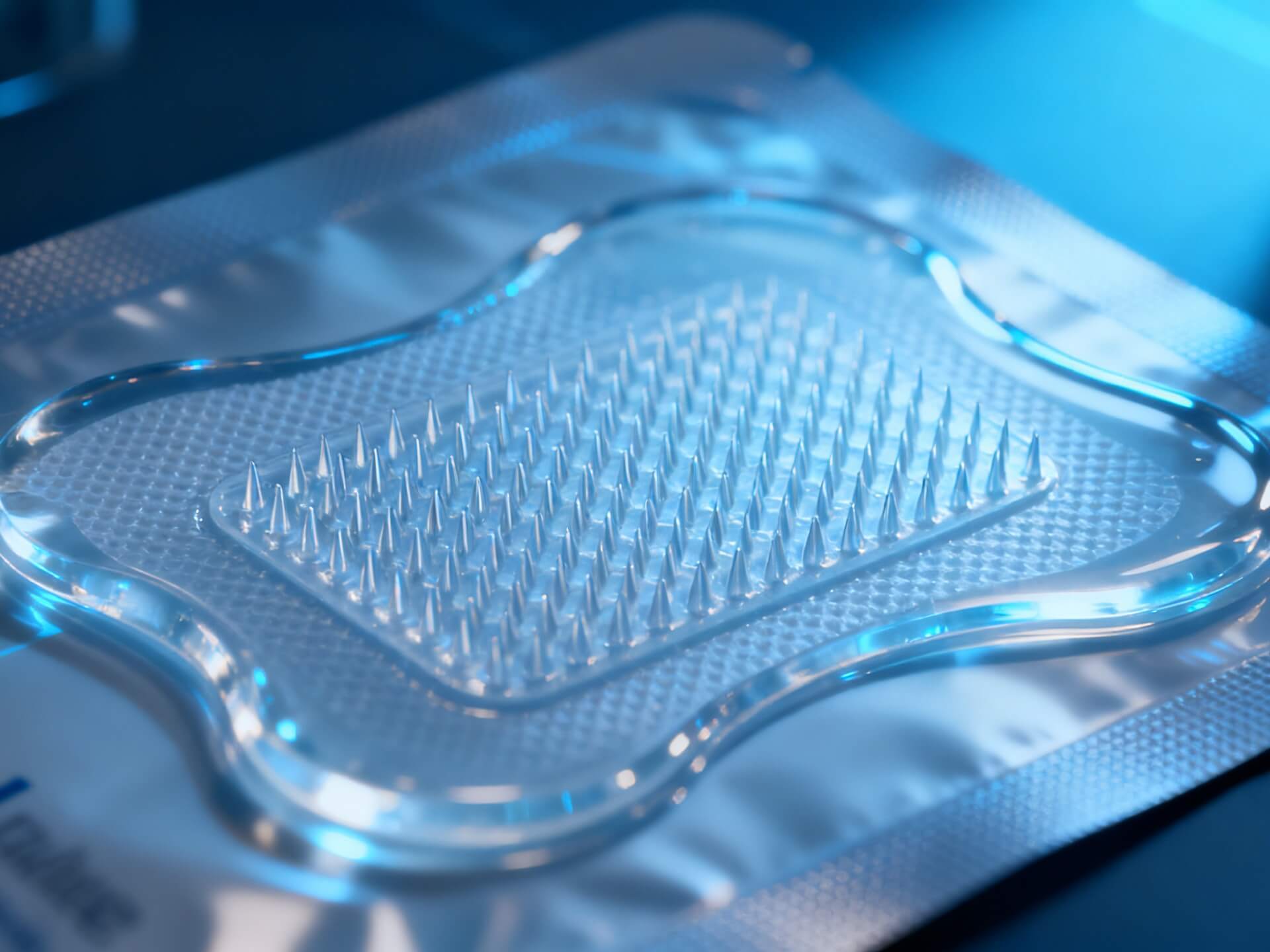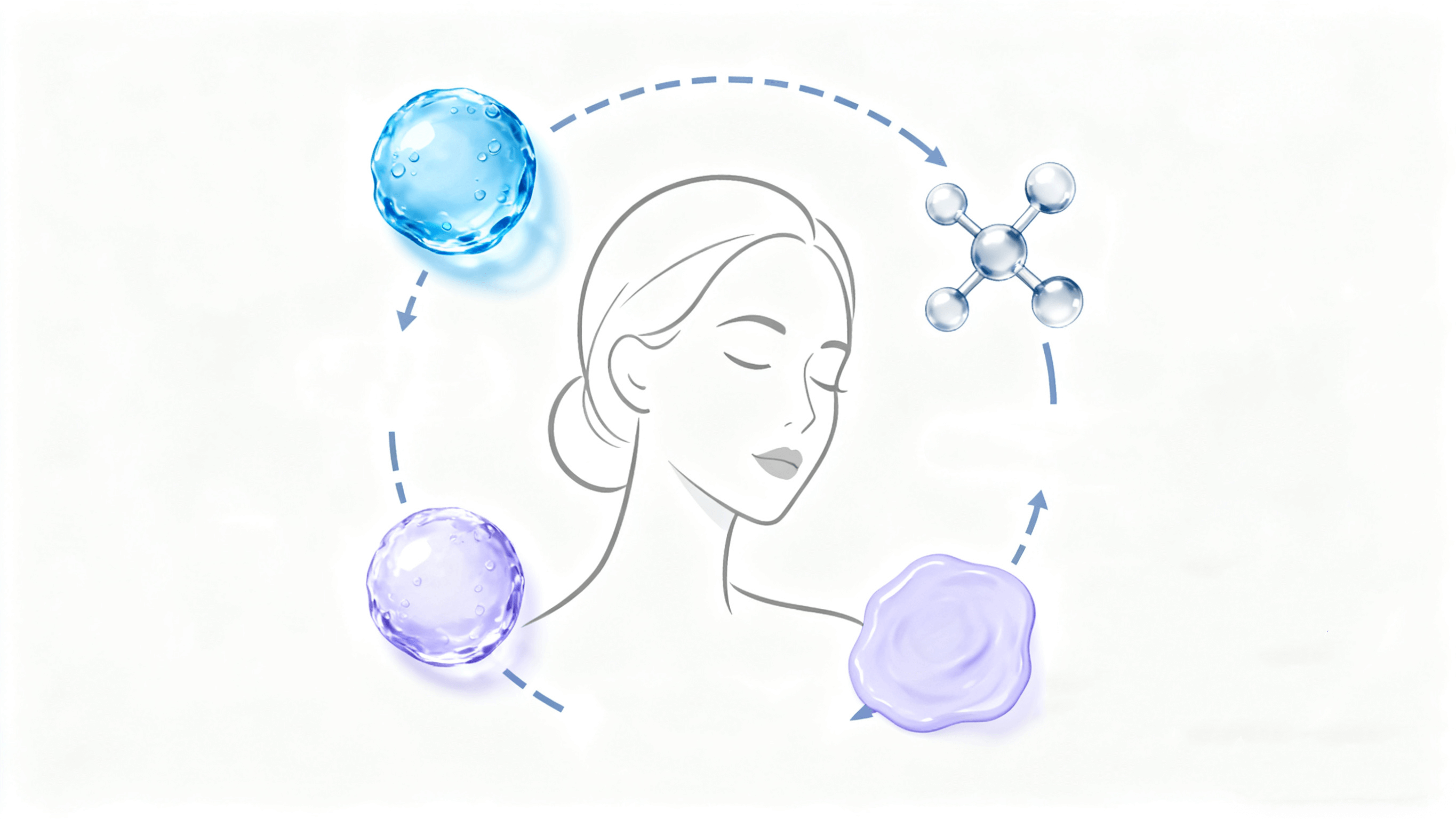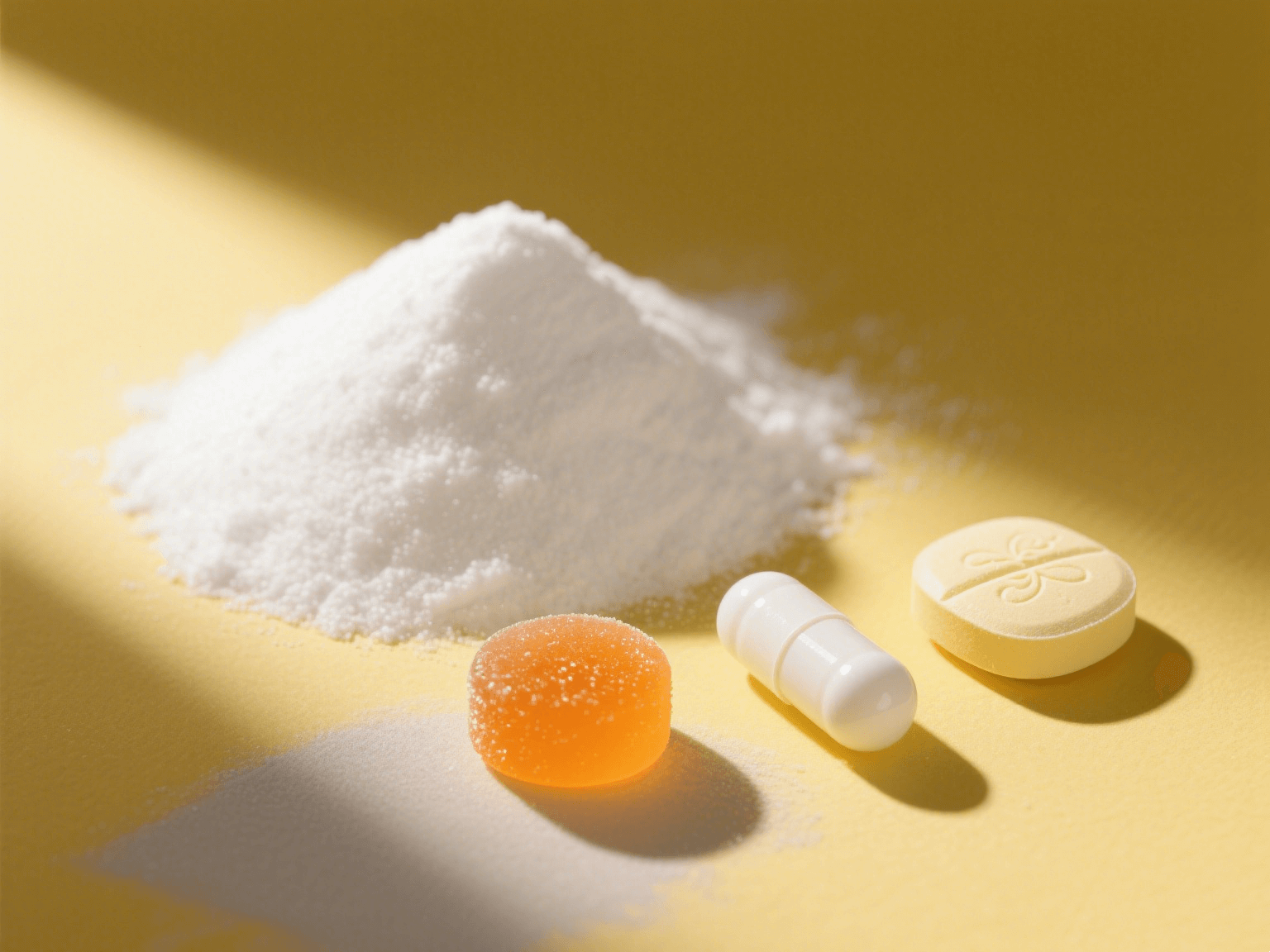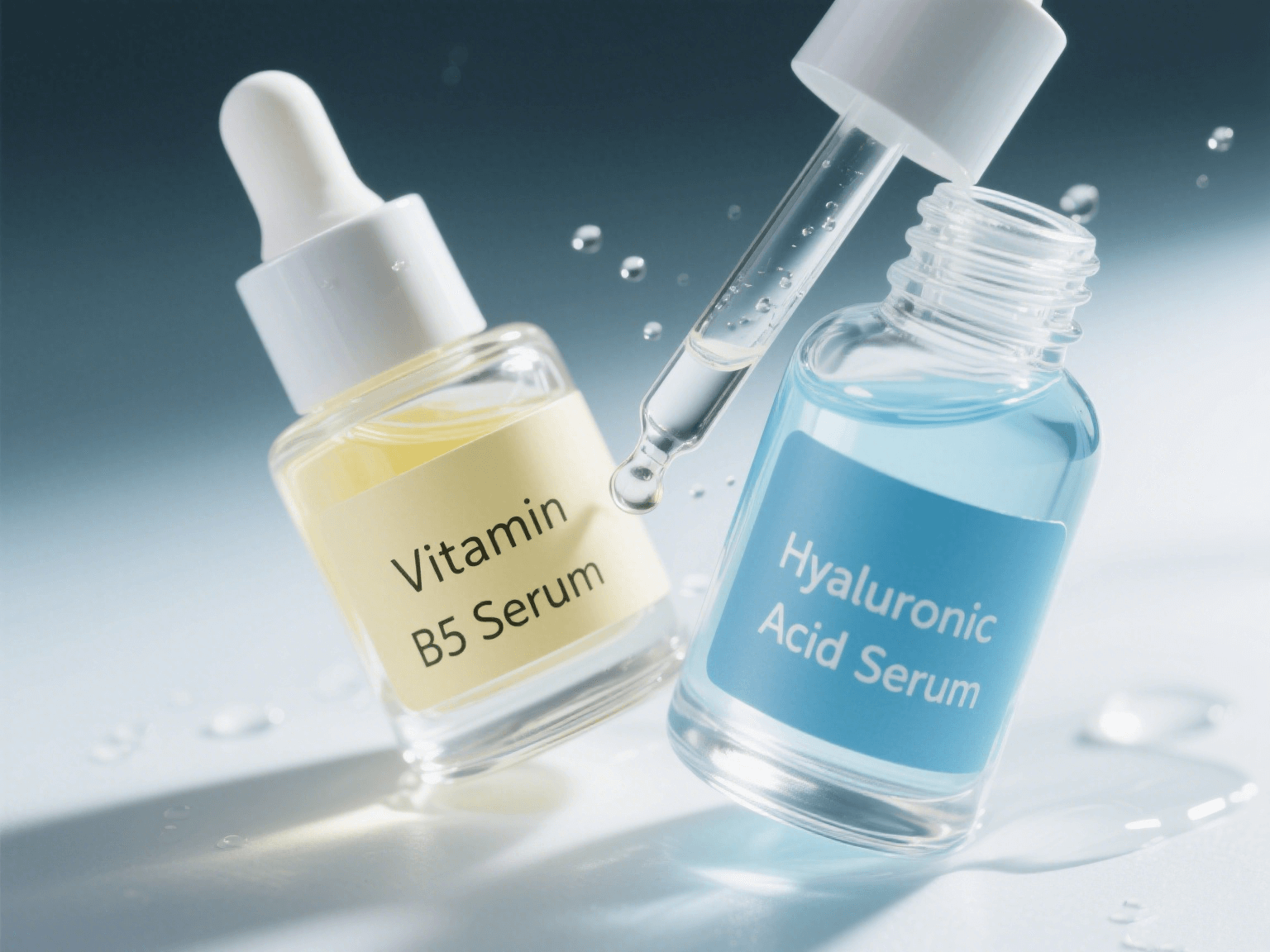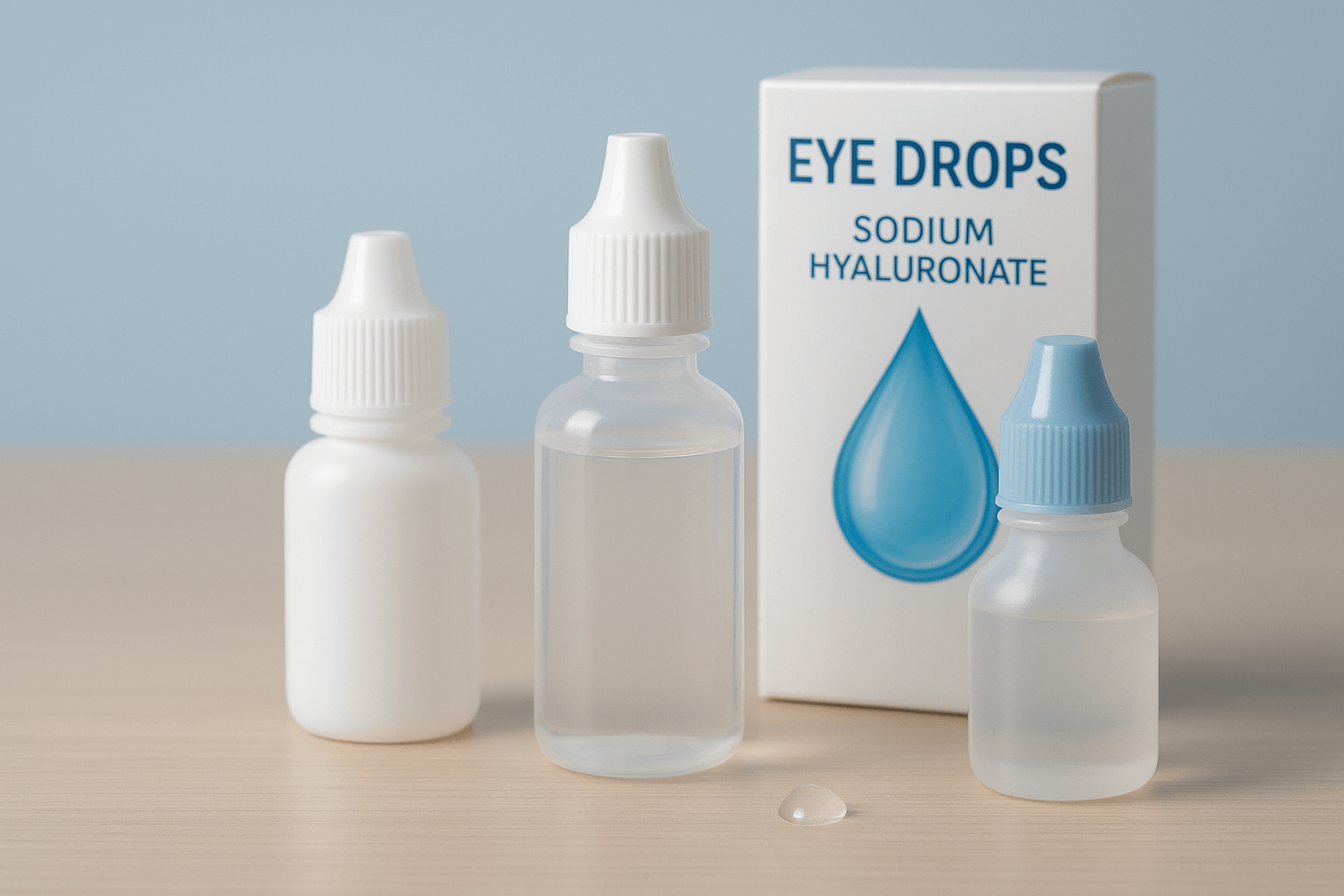Why do we need dietary supplements?
Release time:
2025-03-25
In today's world, it is becoming increasingly difficult to obtain all the nutrients necessary for body growth from food alone. Dietary Supplements help provide the vitamins, minerals, and other beneficial ingredients necessary for human development to support daily nutrient supply and consumption. While a balanced diet is the best foundation for maintaining health, supplements are a useful addition for a variety of reasons.

Reason 1: Modern Diet and Food Quality
The way we grow and process food today is very different from the past. Intensive farming depletes soil nutrients faster, and food processing removes important vitamins and minerals to a certain extent. Even fresh fruits and vegetables may not have the same nutritional levels as they once did. Supplements help to make up for these losses and ensure we get the nutrients our bodies need.
Reason 2: Lifestyle and Eating Habits
Modern people are increasingly eating irregularly and relying on fast food, or skipping meals and eating simple foods to fill their stomachs due to busy work and daily affairs. This can lead to an unbalanced diet and a lack of timely replenishment of key nutrients. When diet alone cannot meet the needs, supplements are a practical way to support proper nutrition.
Reason 3: Individual's Special Nutritional Needs
Each individual's nutritional needs are different, depending on genes, age, lifestyle, physical condition and environment. Children need proper nutrition to help grow, adults focus on maintaining sufficient energy, and the elderly may need additional support to maintain bone and overall health. Vegetarians, athletes and people who have dietary restrictions may also need supplements to help balance their intake.
Reason 4: Environmental and Seasonal Factors
Volatile weather, climate and lifestyle can affect the level of nutrients in the human body. For example, people with less sunlight may have lower levels of vitamin D, and people living in areas with limited fresh food options may have difficulty getting enough essential nutrients, and supplements can help adapt to these differences.
Therefore, dietary supplements play an important role in helping people maintain balanced nutrition in today's world. Focusfreda provides OEM dietary supplement services, providing high-quality customized products to meet a variety of health needs. Please feel free to contact us to explore customized solutions suitable for your brand.
Select your Account Manager: Amber@focuschem.com Jennifer@focuschem.com

BLOGS
Hyaluronic Acid Microneedle Patches: Benefits, Uses, and Market Trends
Discover hyaluronic acid microneedle patches—an emerging, safe, and easily dissolvable skincare product with hydrating, anti-aging, and wrinkle-reducing benefits. Learn how to use them at home.
Ectoin vs. Hyaluronic Acid – Similar Goals, Different Powers
Ectoin vs. Hyaluronic Acid – both hydrate and protect the skin, but in different ways. Discover how these two powerful ingredients work, their unique benefits, and which one is right for your skincare routine.
Can We Get Hyaluronic Acid from Food?
Hyaluronic acid occurs naturally in the body and in small amounts in foods like chicken feet or bone broth. Nutrients such as vitamin C and magnesium support its production, while sodium hyaluronate supplements in drinks, capsules, and gummies offer a reliable way to maintain healthy levels.
What is Oligo Hyaluronic Acid?
Oligo hyaluronic acid uses smaller molecules for deep skin hydration and elasticity. Focusfreda offers 400–10,000 Da HA raw materials for strong absorption.
Can You Use Vitamin B5 and Hyaluronic Acid Together?
Yes, you can use vitamin B5 and hyaluronic acid together in skincare. This duo hydrates, repairs the skin barrier, and smooths the skin — perfect for serums, toners, and creams.
Why Sodium Hyaluronate Can Be Used in Eye Drops?
Discover why sodium hyaluronate is widely used in eye drops. Safe, gentle, and highly moisturizing, it helps relieve dry eyes, protect the eye surface, and support healing.



